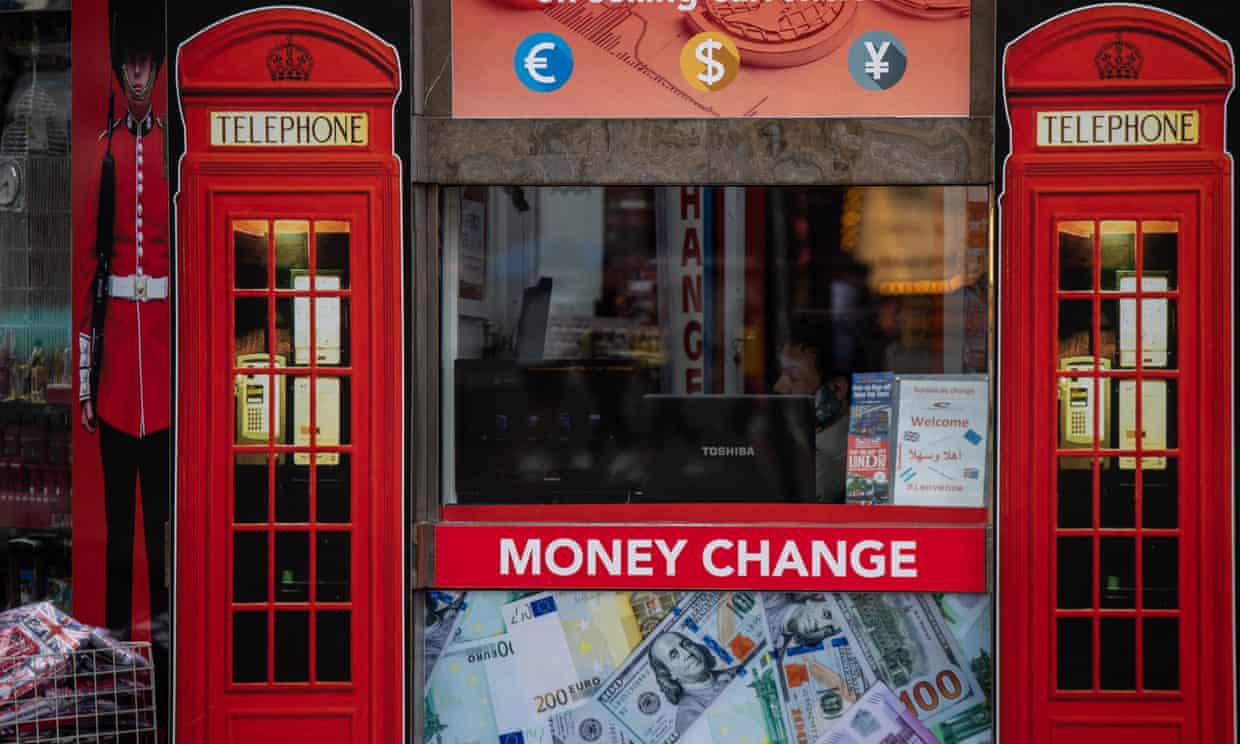
Will the pound go up in value if Labour wins the general election?
by Richard PartingtonWe examine John McDonnell’s claim that Labour’s spending plans could boost sterling
Latest election news – live updates
Claim
John McDonnell said the pound would rise if Labour won the election.
Background
Asked about the potential for a run on the pound should Labour win power, the shadow chancellor said: “There wouldn’t be. That’s all the advice we’ve been getting. My fear is that the pound will start to go up because of our investment plans.”
McDonnell told a Labour conference fringe event in 2017 that the party was prepared for a negative reaction if it won power, including a run on the pound or capital flight.
Reality
The pound has rallied to its highest level since before Theresa May lost the Tories’ majority in 2017, hitting a 31-month high of 1.32 against the dollar and 1.19 against the euro on Monday.
City analysts said Boris Johnson’s lead in the opinion polls was responsible, adding that a result leading to a coalition could cause the pound to fall back again. Analysts at RBC, a Canadian bank, said a Tory victory was 80% priced into the markets. A different outcome to market expectations could therefore lead to a significant move in sterling.
Jordan Rochester, a currency analyst at Nomura, said a Labour victory would mean “short-term pain, potential long-term gain” for the pound. Sterling could fall by as much as 4% on Friday on City fears over its plans for business, he said. But higher government spending and a remain outcome could drive up the currency.
Garry Young, a former Bank of England and Treasury official at the National Institute of Economic and Social Research, said a rise in government spending – as planned by Labour – would normally cause the pound to rise.
“This is because it adds to spending in the economy and puts upward pressure on interest rates. This attracts capital inflows and drives up the value of the currency. So on that analysis John McDonnell is correct,” he said.
However, international investors could grow concerned that Labour’s plans might raise the chance of a default on the government’s debts. Young added: “I wouldn’t see that as an immediate threat. So I think part of the reason for sterling’s appreciation is an expectation of fiscal expansion whatever the outcome of the election.”
Financial markets tend to tumble when the outlook becomes less certain, and rally on clarity. A majority would be easier for the City to digest as it would mean none of the political horse-trading that comes with coalition building. Though the polls could be wrong, Labour currently only looks likely to enter power in a coalition.
Brexit will also have an impact. The pound is still about 10% down on its level against the dollar and the euro on the eve of the EU referendum. Sterling has tended to fall on the prospect of tougher trade barriers and gained on news of closer ones. Labour’s promise of closer ties and a second referendum could therefore strengthen the pound in future.
Johnson has kept the prospect of a no-deal Brexit on the table by the end of 2020 if a trade deal is not secured. Analysts said this could dampen business investment and continue to weigh on the currency.
Verdict
The pound has risen on the prospect of a Tory majority, so any alternative outcome could cause a sudden snapback. On paper, Labour’s spending plans could boost the currency, but investor confidence in Britain will be important. Brexit will also have a significant impact.